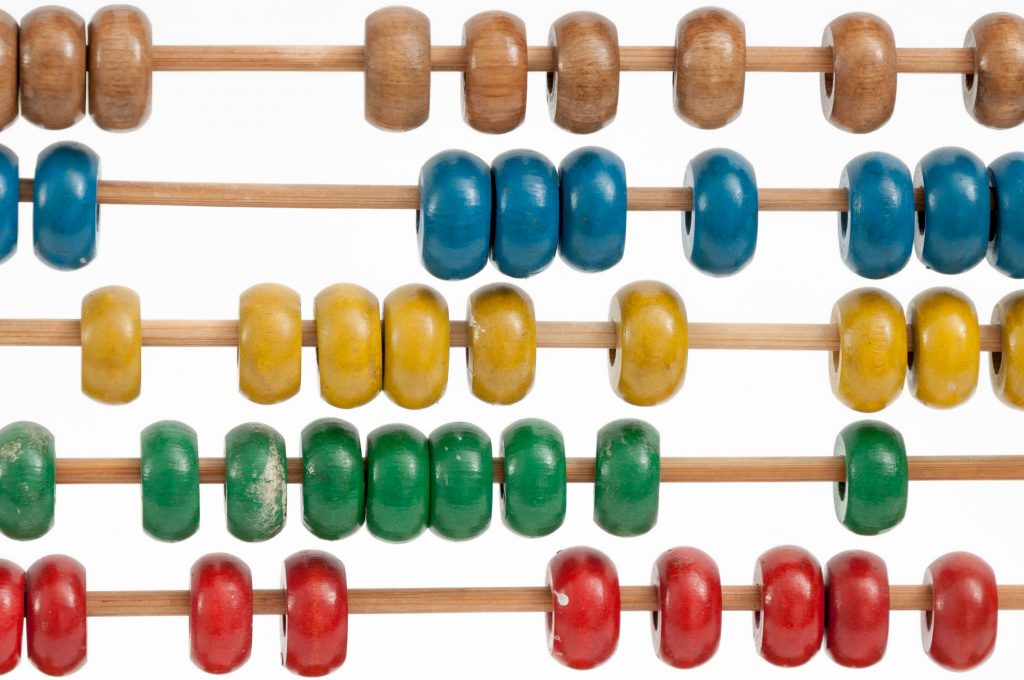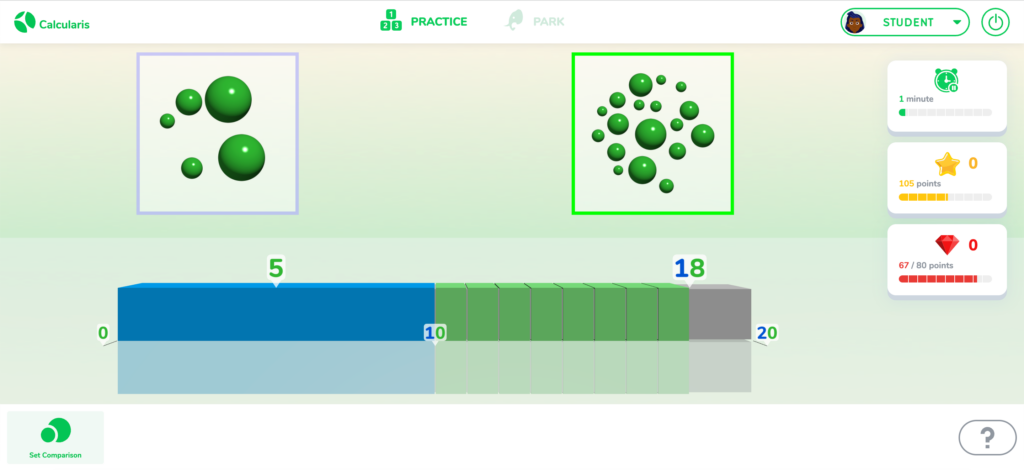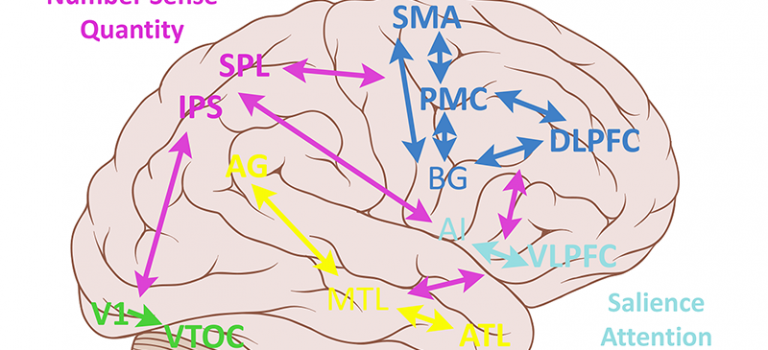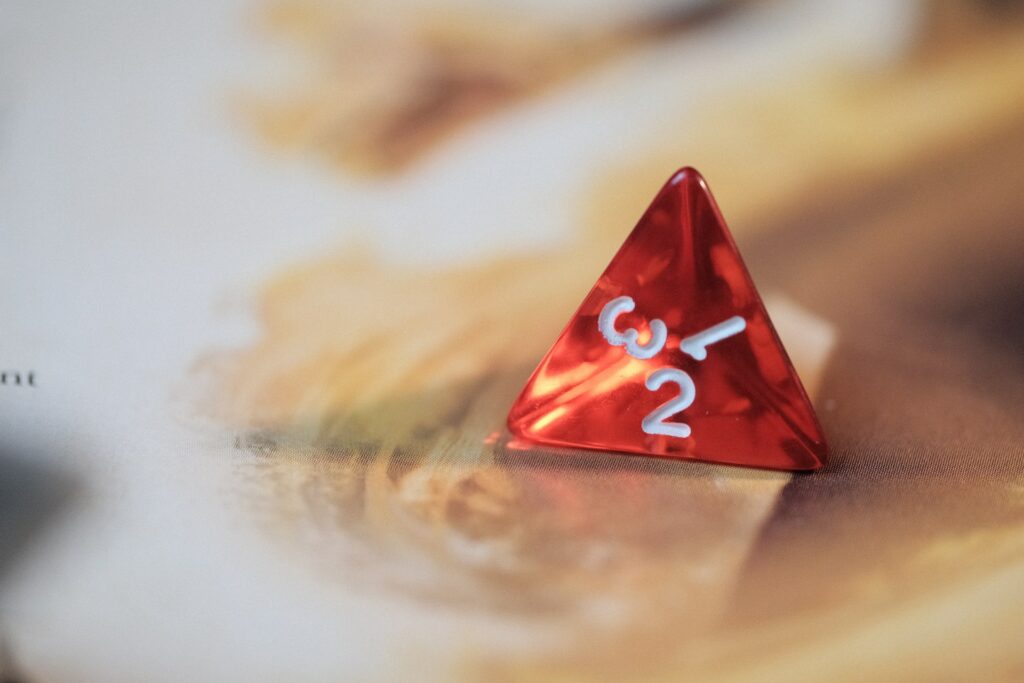
Signs of Dyscalculia
It’s important to take signs of dyscalculia seriously. At the beginning of school, all children experience occasional difficulties with math. If these problems fail to dissipate with supported homework sessions or additional hours of practice, parents and teachers should be alert for potential dyscalculia.
The following signs can indicate the presence of dyscalculia:
General well-being
…has anxiety about going to school
…has anxiety about taking tests
…has a negative perception of their intelligence
…is withdrawn
…expects to fail
…displays frustration and a reluctance to try (maths) in other subjects










